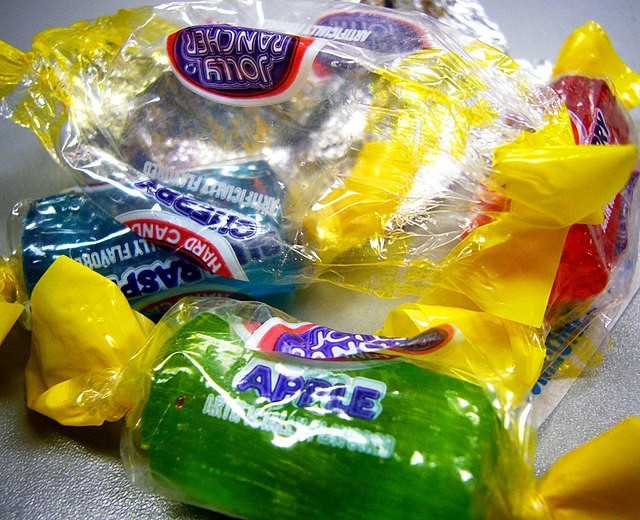British and American health authorities have issued urgent warnings over multiple U.S. snack products-ranging from Jolly Rancher sweets to Dr Pepper Zero Sugar-citing serious health concerns including cancer risks and dangerous sugar mislabeling. The U.K.'s Food Standards Agency (FSA) announced Thursday that several Jolly Rancher products must be withdrawn from sale after tests found banned mineral oils linked to cancer, while the U.S. Food and Drug Administration (FDA) escalated its recall classification of Dr Pepper Zero Sugar following discovery of high sugar content.
The FSA alert applies to Jolly Rancher Hard Candy, "Misfits" Gummies, Fruity 2 in 1 Hard Candy, and Berry Gummies-all manufactured by American food conglomerate Hershey. These sweets were found to contain Mineral Oil Aromatic Hydrocarbons (MOAH) and Mineral Oil Saturated Hydrocarbons (MOSH), petroleum-derived substances that are banned in the U.K. and associated with liver and lymph node cancers.
"Consumption of the affected sweets is of toxicological concern, especially in younger age groups and where consumers eat a lot of the products or eat them regularly," the FSA said in a statement. "Moah is a genotoxic carcinogen, therefore no exposure is without risk to human health."
The agency urged consumers not to eat the sweets and to dispose of them immediately. It added that "there should be no immediate cause for concern, as food safety risk is low," but emphasized avoiding continued consumption. The Hershey Company has reportedly cooperated with British regulators to remove non-compliant items, but the FSA warned that some retailers continue to distribute the affected products and asked local enforcement to intervene.
Beyond candy, the FSA flagged a broader issue of "unsafe American imports," with foods like Mountain Dew, Fanta Pineapple, Swedish Fish, and Prime Hydration found to contain illegal additives such as brominated vegetable oil (BVO) and Red Dye 3. Several of these substances are either banned or tightly regulated in the U.K. due to toxicity concerns.
Meanwhile, U.S. health officials issued a separate safety alert involving Dr Pepper Zero Sugar. The FDA announced that 19,203 12-ounce cans-produced by Pepsi Beverages Company in Jacksonville, Florida-were mislabeled and actually contained sugar. The misbranded soda was distributed across Florida, Georgia, and South Carolina.
The agency upgraded the incident to a Class II recall, signifying that the mislabeled product could cause "temporary or medically reversible adverse health consequences," especially for consumers with diabetes or metabolic disorders. A standard 12-ounce can of Dr Pepper contains 39 grams of sugar. By contrast, the "Zero Sugar" label signals that the product contains none.
The discrepancy raises grave risks for consumers with diabetes or those managing blood sugar levels. According to the American Heart Association, men should consume no more than 36 grams of sugar per day, and women no more than 25 grams. Overconsumption of sugar is a known risk factor for weight gain, heart disease, insulin resistance, and the development of type 2 diabetes, which affects more than 37 million American adults.
The product code for the recalled Dr Pepper Zero Sugar cans is XXXXRS05165 with a best-by date of February 16, 2026.






